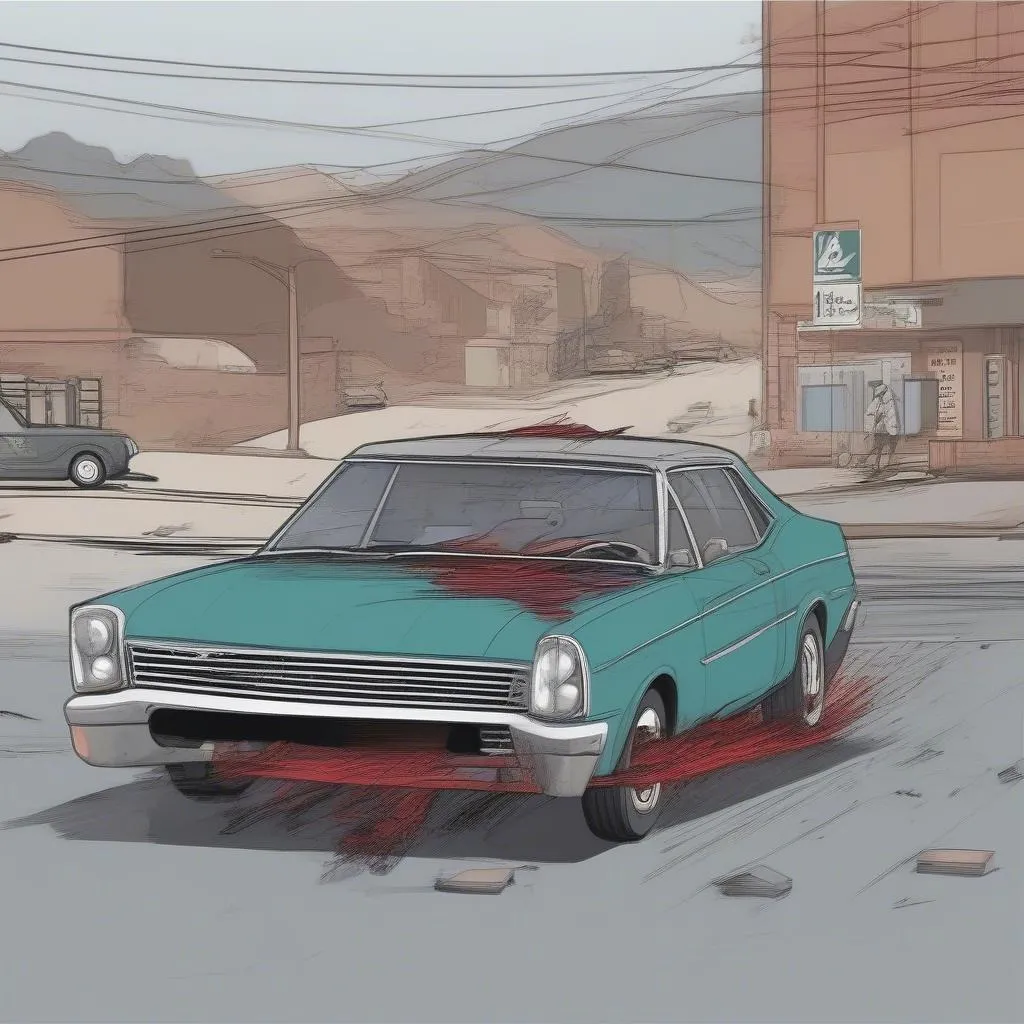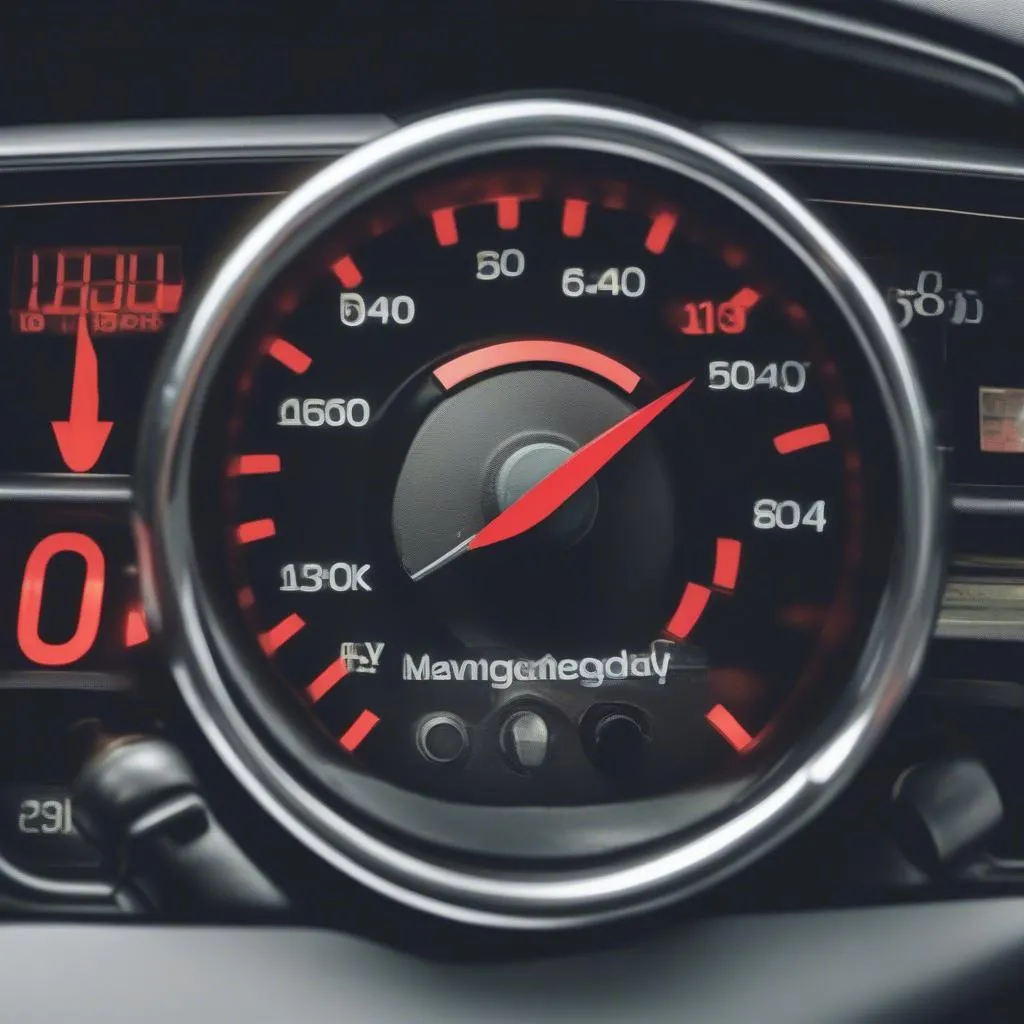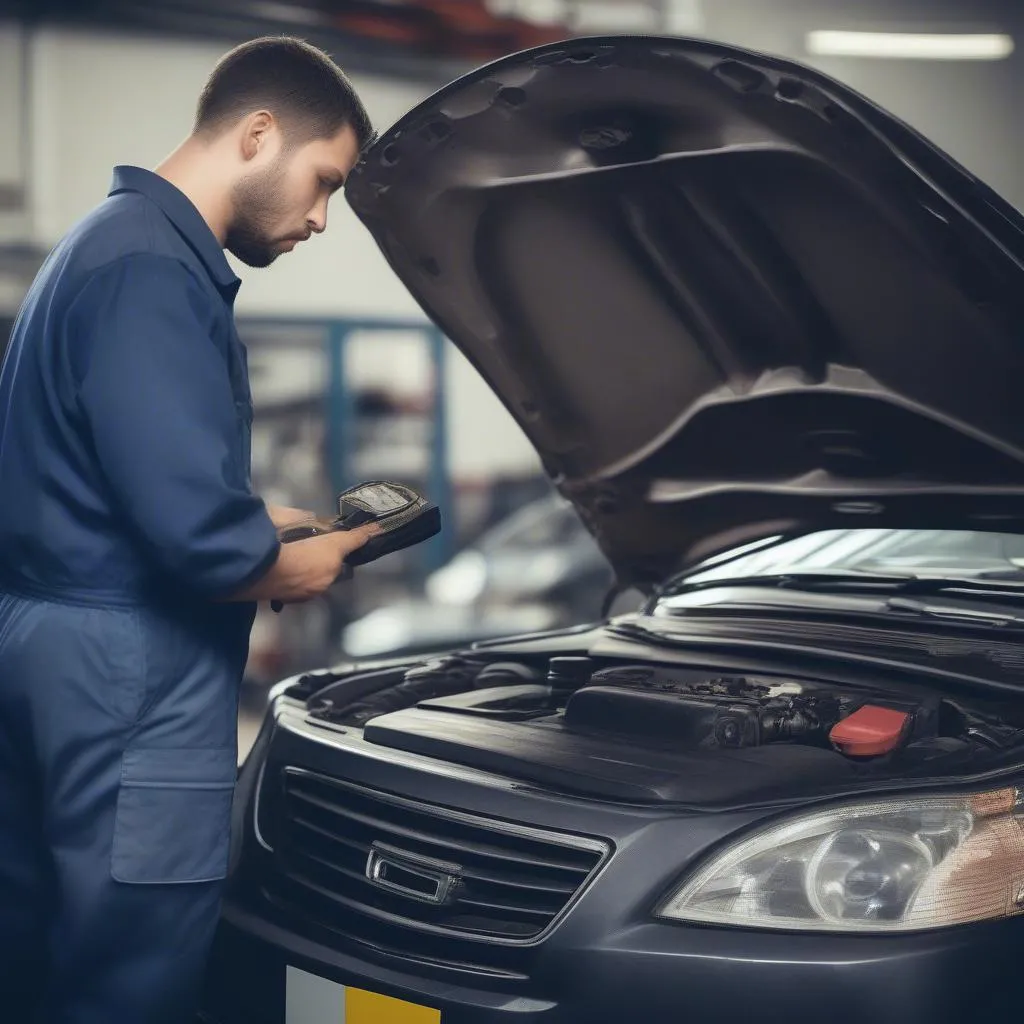Have you ever been driving down the road, feeling confident and enjoying the open highway, when suddenly your car starts to shudder while accelerating? It’s a terrifying experience that can leave you wondering what’s going on and if you’re safe to continue driving. Don’t worry, you’re not alone! Car shudders during acceleration are a common issue that can be caused by various factors, but with the right diagnosis, most of these problems can be easily fixed. Let’s delve into the world of car shudders and uncover the mysteries behind this mechanical hiccup.
Understanding Car Shudders While Accelerating
Understanding the meaning behind a car shuddering while accelerating requires a multi-faceted approach. From a mechanic’s perspective, it signifies a disruption in the smooth transfer of power from the engine to the wheels. Technically, it’s a manifestation of uneven engine rotation or a mismatch between engine speed and the speed at which the wheels are turning. This misalignment can be due to various issues, ranging from worn-out parts to more complex electrical problems.
From an economic standpoint, a shuddering car can represent a financial headache. Repair costs can vary drastically depending on the root cause. For example, a simple spark plug replacement might cost only a few hundred dollars, while a faulty transmission could require thousands to fix.
Causes of Car Shudders While Accelerating
Engine-Related Causes:
- Spark Plugs: Worn-out or faulty spark plugs can cause misfires, leading to a shuddering sensation, especially during acceleration.
- Fuel Injectors: Clogged or malfunctioning fuel injectors can disrupt the fuel delivery, resulting in uneven combustion and shuddering.
- Ignition System: Problems with the ignition coil, distributor cap, or rotor can lead to inconsistent spark delivery, triggering a shudder.
- Air Filter: A dirty or clogged air filter can restrict airflow to the engine, causing the engine to run poorly and shudder.
- Engine Mounts: Worn-out or damaged engine mounts allow the engine to move excessively, leading to vibration and shuddering.
Transmission-Related Causes:
- Transmission Fluid: Low or contaminated transmission fluid can cause slippage and shuddering, especially during acceleration.
- Torque Converter: A faulty torque converter can slip or lock up intermittently, causing a shuddering sensation.
- Transmission Solenoids: Worn-out or malfunctioning transmission solenoids can disrupt the smooth operation of the transmission, resulting in shuddering.
Drivetrain-Related Causes:
- Drive Shaft: Worn-out or damaged drive shafts can cause vibrations and shuddering during acceleration.
- Wheel Bearings: Worn-out or damaged wheel bearings can cause the wheels to wobble, leading to a shuddering sensation.
- CV Joints: Worn-out or damaged CV joints in front-wheel drive vehicles can cause clicking, popping, or shuddering, especially during acceleration.
Electrical Issues:
- Sensors: Malfunctioning sensors, such as the mass airflow sensor (MAF), throttle position sensor (TPS), or oxygen sensor (O2), can disrupt engine control, leading to shuddering.
- Wiring: Loose or damaged wiring in the engine control system can interrupt signals, causing erratic engine operation and shuddering.
Other Potential Causes:
- Tire Pressure: Uneven tire pressure can cause a shuddering sensation, especially at high speeds.
- Brakes: Worn-out or sticking brake pads or rotors can create drag, causing the car to shudder during acceleration.
- Suspension: Worn-out or damaged suspension components can cause vibration and shuddering, especially during acceleration.
Troubleshooting Car Shudders While Accelerating
Important Note: Troubleshooting car problems can be complex, and attempting to fix them yourself could lead to further damage. If you are not comfortable with car mechanics, it is recommended to consult a qualified mechanic.
Here are some basic steps you can take to troubleshoot car shudders:
- Check the engine: Inspect the spark plugs, air filter, and fuel injectors for signs of wear or damage.
- Check the transmission fluid: Ensure the transmission fluid level is correct and the fluid is clean and free of debris.
- Check the tire pressure: Ensure all tires are inflated to the correct pressure.
- Inspect the drive shafts, wheel bearings, and CV joints: Look for signs of wear or damage.
- Scan for trouble codes: Use a diagnostic scanner to read any trouble codes stored in the engine control unit (ECU). These codes can provide valuable clues about the potential cause of the shuddering.
What to Do When Your Car Shudders While Accelerating
- Don’t Panic: While a shuddering car can be unnerving, remain calm and try to assess the situation safely.
- Reduce Speed Gradually: Avoid sudden braking or acceleration as it could exacerbate the issue.
- Pull Over Safely: Find a safe spot to pull over and assess the situation further.
- Check for Warning Lights: Pay attention to any warning lights on the dashboard, as they can provide insights into the problem.
- Consult a Mechanic: If you are unsure about the cause of the shuddering or if the problem persists, consult a qualified mechanic for diagnosis and repair.
Common Questions About Car Shudders While Accelerating
Q: Can a bad battery cause a car to shudder while accelerating?
A: While a weak or failing battery can affect the engine’s performance, it’s less likely to cause a direct shuddering sensation during acceleration. A bad battery is more likely to affect starting and overall power output.
Q: What if my car only shudders when accelerating uphill?
A: This could indicate a problem with the engine’s power delivery or transmission performance under increased load. It’s essential to have a mechanic diagnose the specific issue.
Q: Can a worn-out tire cause a car to shudder during acceleration?
A: While worn tires can contribute to vibration, it’s less likely to cause a direct shuddering sensation during acceleration. However, uneven tire wear or damage could amplify existing shuddering issues.
Q: My car shudders when accelerating after a recent oil change. Could it be related?
A: It’s unlikely that an oil change directly causes shuddering. However, if the oil filter was improperly installed or if the wrong type of oil was used, it could indirectly affect engine performance and contribute to shuddering.
Getting Help with Car Shudders While Accelerating
If you’re experiencing car shudders while accelerating and are struggling to pinpoint the cause, don’t hesitate to reach out for professional help. Our team of certified mechanics at Diag XCar is here to provide expert diagnostics and repair solutions for any car-related issue.
We understand how frustrating and potentially dangerous a shuddering car can be. Our mission is to provide comprehensive solutions, keeping your safety and peace of mind top priority.
Don’t let a shuddering car hold you back from enjoying the open road! Contact Diag XCar today for reliable and expert car diagnostics and repairs.
[Whatsapp Link: +84767531508]
Explore More About Car Shudders
- [Link: https://diagxcar.com/car-vibrates-when-starting/]: Learn about car vibrations that occur during starting.
- [Link: https://diagxcar.com/truck-shakes-when-accelerating/]: Discover the causes and solutions for truck shakes during acceleration.
Let us know in the comments below if you have any further questions or experiences with car shudders while accelerating!
 Car Shudders During Acceleration
Car Shudders During Acceleration
 Engine Check Light
Engine Check Light
 Mechanic Diagnosing
Mechanic Diagnosing